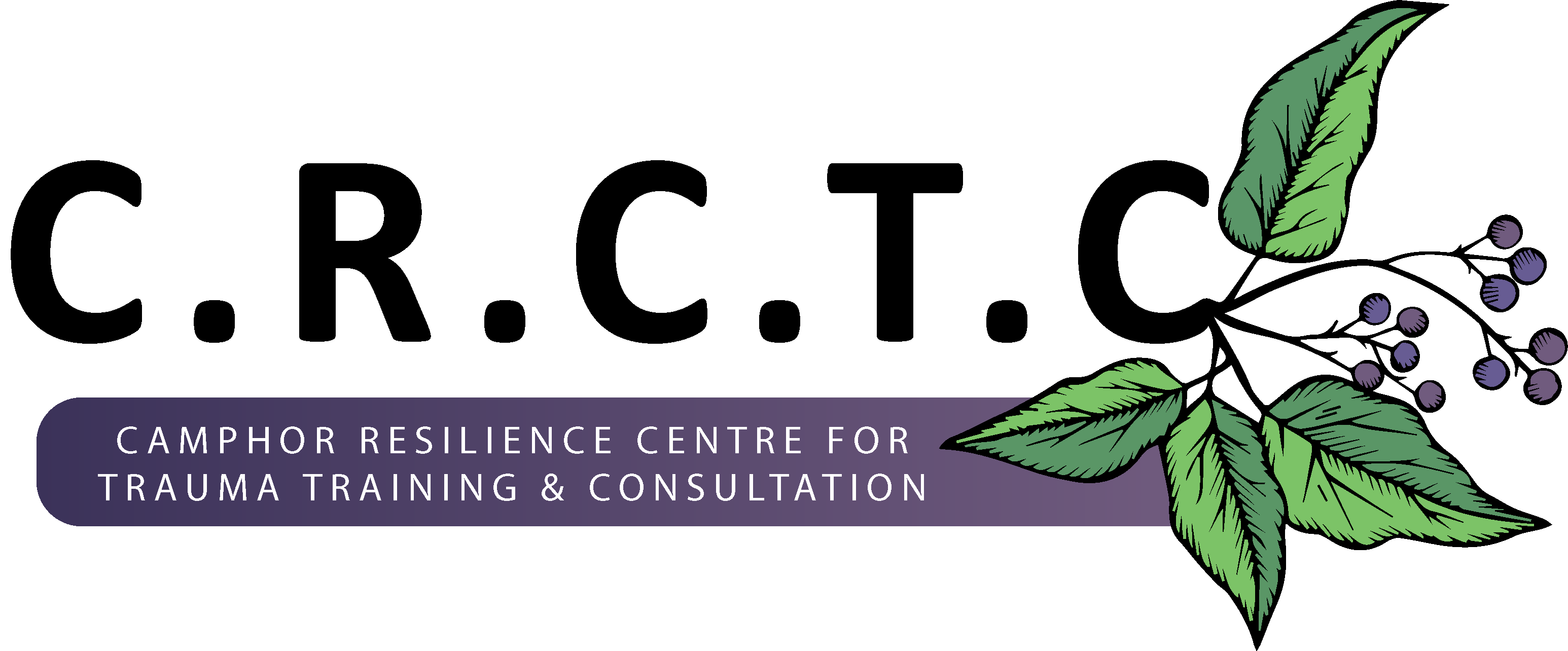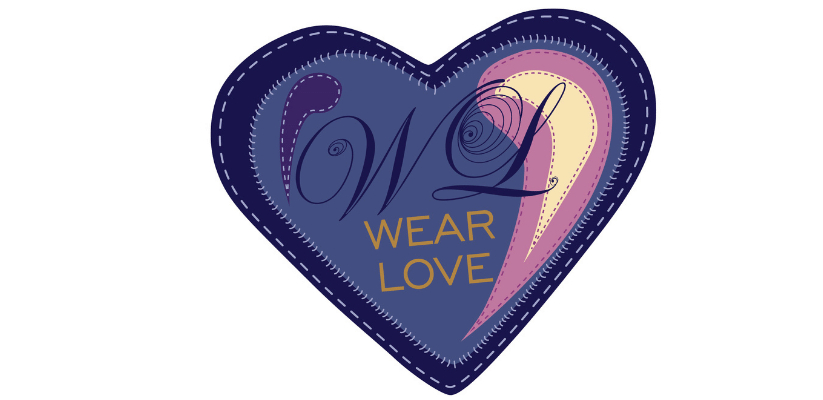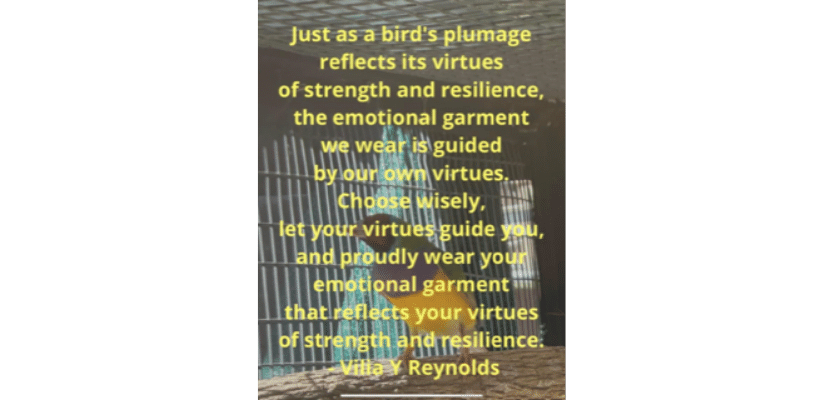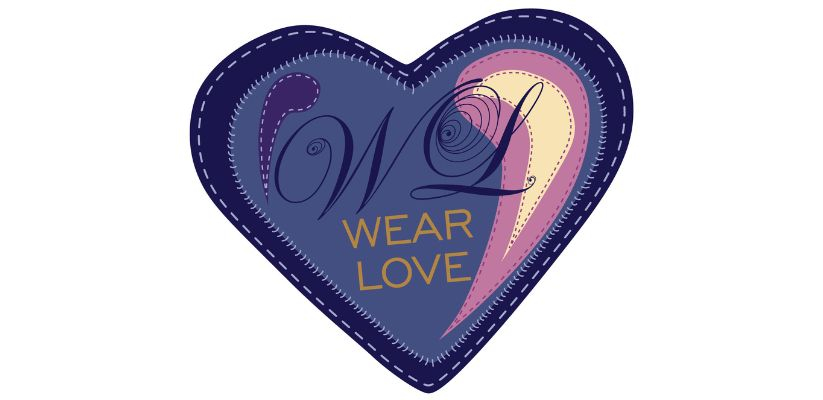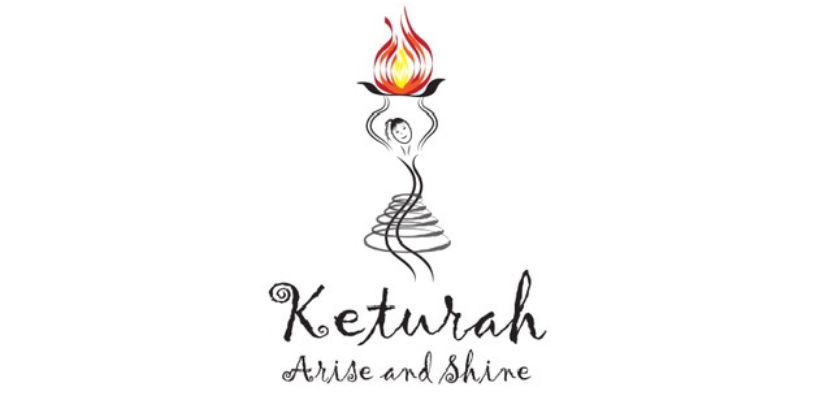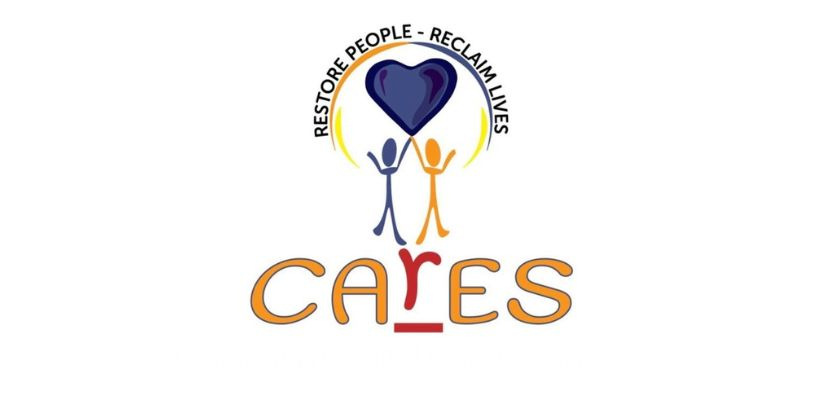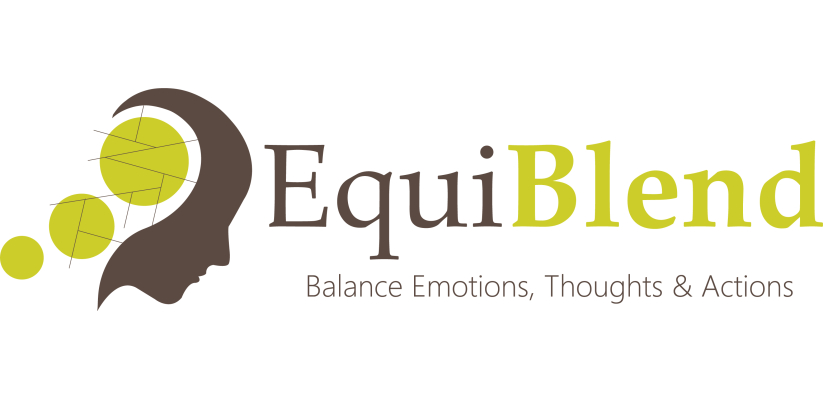Navigating the Storm: Transforming Grief into Growth
As a cyclone can trigger a tsunami and a tornado destroys everything in its path, trauma can rip apart our hearts; without therapy, this tragedy may cling to our souls. - Vilia Y Reynolds
Grief is a complex emotional response to loss, often encompassing a range of feelings and behaviours that can lead to significant psychological impacts if not addressed appropriately. This blog explores the various stages of grief, incorporating real-life expectations and emotional responses associated with each phase. The Applied Metapsychology Multidisciplinary Approach and techniques such as Trauma Incident Reduction (TIR) and Life Stress Reduction (LSR) are utilised in discussing strategies. However, it's crucial to remember that professional support, especially in the critical early months following a loss, can prevent prolonged distress and conditions such as Post-Traumatic Stress Disorder (PTSD). It provides a sense of reassurance and confidence in the effectiveness of the strategies.
Introduction
Grief is an innate human experience that follows significant losses, such as the death of a loved one and is influenced by individual, cultural, and situational factors. The experience of grief is often depicted through various stages; however, these stages are not linear but somewhat cyclical, resembling the ebb and flow of ocean tides. Understanding the nature of grief and its stages can aid individuals in navigating their emotional responses, preparing them for the cyclical nature of the emotional journey. It also highlights the necessity for professional intervention when needed, as the cyclical nature of grief can be challenging to navigate alone.
The Stages of Grief
Denial
Denial is often the initial response to loss, where individuals struggle to accept the reality of their situation. This stage serves as a defence mechanism, allowing people to process the overwhelming news of their loss slowly. In the context of grief programs, like the one designed over four sessions, denial may manifest as reluctance to engage with emotions or talk about the tragedy. Individuals might exhibit behaviours such as avoidance and isolation.
Storming (Anger)
Following denial, individuals may enter a period characterised by emotional upheaval, often called "storming." Anger can arise from feelings of helplessness, injustice, or betrayal related to the death's circumstances. Individuals might demonstrate unexpected behaviours such as irritability, outbursts, or withdrawal during this stage. Recognising that this anger is often directed inward or at the situation rather than at specific individuals is fundamental.
Norming (Bargaining)
During norming, individuals find ways to make sense of their loss. This phase may involve internal or external bargaining, where individuals reflect on "what if" scenarios that could have altered the outcome. Common emotional responses include sadness and regret. This stage is crucial for beginning the healing process as individuals start normalising their feelings through shared experiences in group settings, which can facilitate a deeper understanding of grief.
Performing (Depression)
Performing involves accepting the loss and navigating through periods of deep sorrow. Here, individuals may experience depression, characterised by persistent sadness, fatigue, and a sense of disconnection from life. This stage is essential for processing the loss, and during this time, therapeutic interventions prove beneficial. Utilising Trauma Incident Reduction and Life Stress Reduction techniques can aid individuals in addressing traumatic aspects of their grief.
Integration
The final stage of grief is integration, where individuals start to accept their loss and its impact on their lives. The healing process includes establishing new routines, honouring the deceased's memory, and embracing life's changes. This integration phase signifies the shift from mere survival in grief towards a renewed sense of purpose and direction. It instills a sense of hope and optimism about the healing process as individuals begin to see the potential for growth and new beginnings in their changed lives.
Alarm Phase and Recoiling
Before fully engaging with the above stages, individuals often experience an alarm phase. This initial shock can trigger a "fight or flight" response, causing physiological and psychological stress reactions. Individuals may recoil from their emotions, exhibiting signs of anxiety or panic as they grapple with their new reality. Recognising these stress modes is vital for understanding the body's reaction to trauma.
Emotional Complexity and Unexpected Responses
Individuals may encounter many emotions throughout the grieving process—ranging from sadness to confusion, guilt, and even relief. These feelings can fluctuate unpredictably, akin to tidal patterns. Without appropriate support, these emotional storms can escalate into destructive forces, potentially leading to severe mental health issues such as PTSD.
Importance of Professional Help
Given the unpredictable nature of grief, seeking professional help is not just important; it's imperative. Counselling and therapy during the first three months post-loss are particularly crucial, as this period is marked by heightened vulnerability to emotional turbulence. Effective trauma counselling and behaviour therapy provide coping mechanisms and support systems, reducing the likelihood of prolonged distress and facilitating healthier adjustment processes. This professional support can give a sense of reassurance and confidence in the effectiveness of the strategies, making the journey through grief less daunting.
Conclusion
Grief is a multi-faceted journey marked by various stages, emotions, and behaviours. While individuals may navigate these phases differently, professional support remains necessary. Programs designed to address grief, such as the one discussed herein, can significantly ease the transition through these challenging stages. Through understanding and acknowledging the complexities of grief, we pave the way for healing, acceptance, and, ultimately, growth. It's important to remember that healing and growth are not just possible; they are often the natural outcome of navigating grief.
